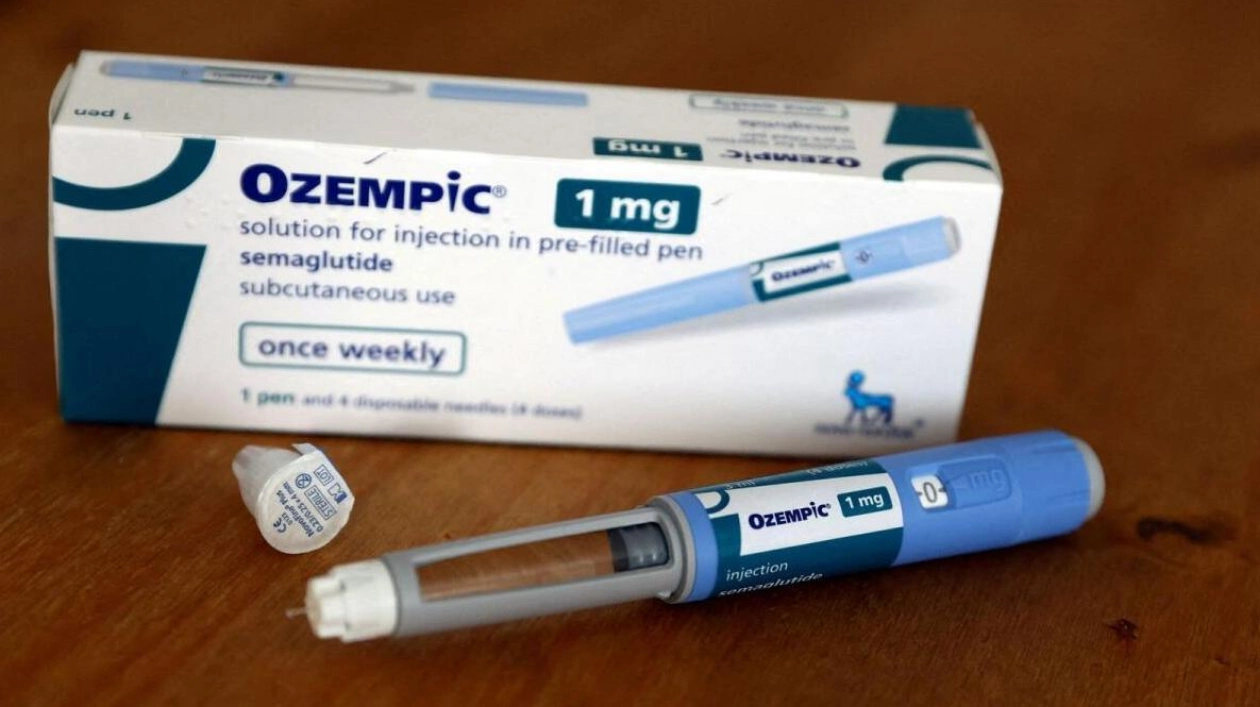Only one in four US patients prescribed Novo Nordisk’s Wegovy or Ozempic for weight loss continued to use these medications two years later, according to an analysis of US pharmacy claims provided to Reuters. The analysis revealed a steady decline in usage over time and did not include details on why patients discontinued the drugs. This study provides a longer view on patient experiences compared to previous research that examined use over a year or less.
The evidence that many people may stop using weight-loss therapies shortly after starting is influencing debates over their cost to patients, employers, and government health plans. Wegovy and similar medicines, which are part of the GLP-1 receptor agonists class, can cost over $1,000 per month and may require extended use for significant benefits. Their high prices in the US have recently drawn criticism from President Joe Biden and other officials, who estimate that such drugs could cost the country $411 billion annually if half of obese adults used them.
Dr. Rekha Kumar, an obesity specialist at New York Presbyterian-Weill Cornell Medical Center, stated that "GLP-1s for all isn't cost effective." She noted that while employers want to provide obesity care, they aim to do so without financial strain.
Prime Therapeutics and Magellan Rx Management, a pharmacy benefits manager, reviewed pharmacy and medical claims data for 3,364 individuals with commercial health plans covering GLP-1 drugs. These patients received new prescriptions between January and December 2021 and had a diagnosis of obesity or a BMI of 30 or higher. The analysis excluded patients using the drugs for type 2 diabetes, their original intended use. The average age of patients was 46.5, and 81% were female.
Last year, Prime published data showing that 32% of patients were still taking a GLP-1 medicine for weight loss 12 months after their initial prescription. The new data indicates that overall, only about 15% continued on their medication after two years. Specifically, 24.1% of Wegovy patients and 22.2% of Ozempic patients persisted with therapy over two years without a gap of 60 days or more.
Older GLP-1 drugs performed worse, with only 7.4% of patients still taking Novo's Saxenda after two years. The analysis also found that 26% of patients switched GLP-1 drugs during therapy, possibly due to shortages or changes in insurance coverage.
Novo Nordisk highlighted several limitations in the analysis, including the fact that Wegovy was launched in June 2021, midway through the study period, and was not immediately covered by insurance. The company stated that the data were insufficient to draw conclusions about overall patient adherence and persistence to various GLP-1 medicines.
The newer GLP-1s in clinical trials have helped people lose more than 15% of their body weight by suppressing appetite and promoting a feeling of fullness. They are also being tested for other health benefits that could improve insurance coverage. Wegovy received US approval in March for reducing the risk of strokes and heart attacks in overweight and obese adults.
The analysis did not track long-term use of Lilly's Mounjaro and Zepbound, which launched after the study's starting point. Prime/MRx did not inquire why patients stopped their prescriptions, but it is likely due to a combination of side effects, out-of-pocket costs, and supply shortages.
Some patients may stop the medication after successfully losing weight, and other studies have shown that most patients who quit their GLP-1 drugs usually regain most of the weight. Dr. Walid Gellad, a professor of medicine at the University of Pittsburgh, noted that "no one really knows how long you should be on these medications." Some clinics and telehealth services are not adequately screening patients or providing sufficient coaching on nutrition and exercise, leading to poor results and patients giving up.
Prime/MRx, owned by 19 US Blue Cross and Blue Shield health insurance plans, manages pharmacy benefits for about 38 million people. Dr. David Lassen, the PBM's chief clinical officer, expressed concern over the steady drop in persistence two years into therapy, emphasizing the need for sustainable weight loss to achieve long-term outcomes.






